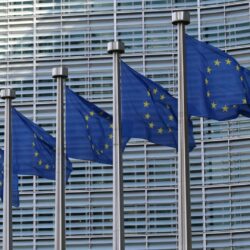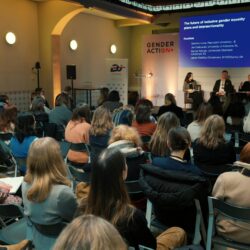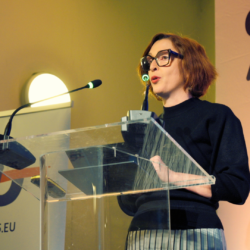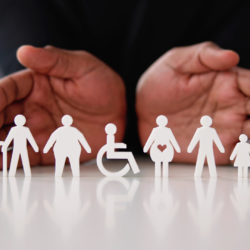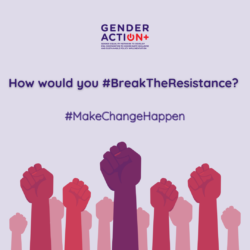Mobilisation network launch: Keep gender equality in R&I
With a sense of urgency, we would like to share with you that GENDERACTIONplus is launching a new mobilisation network for future advocacy to protect and advance inclusive gender equality in European research and innovation. While the project is coming to a close at the end of May, our work continues, and we are inviting you to be part of it. This network will serve as a rapid response and coordination platform. It will: Whether you’re a gender equality practitioner, policy expert, researcher or academic, member of civil society, or part of a public authority or a research funding organisation, we invite you to join us. We need a strong, connected, and vocal community — and we need it now.



